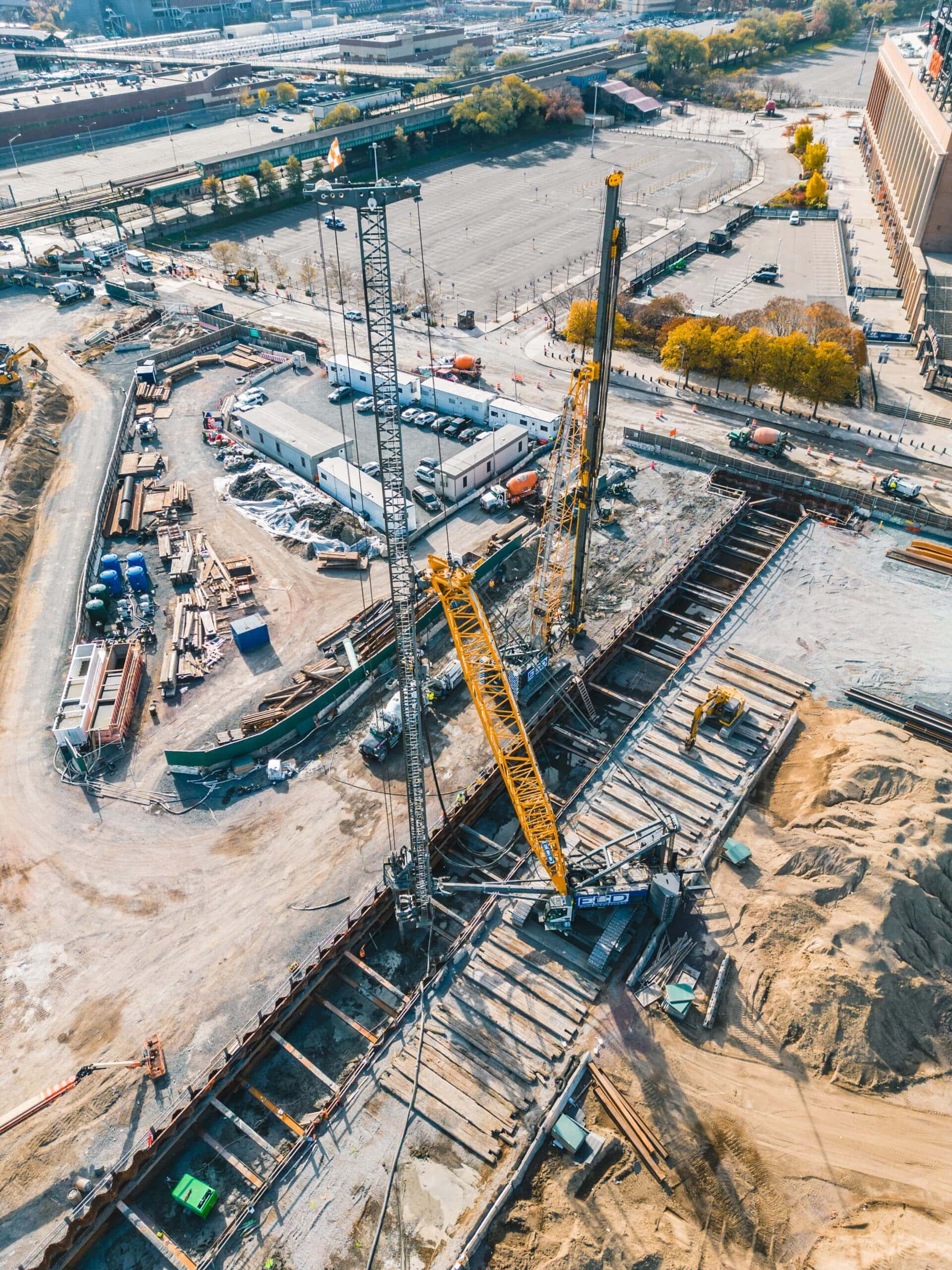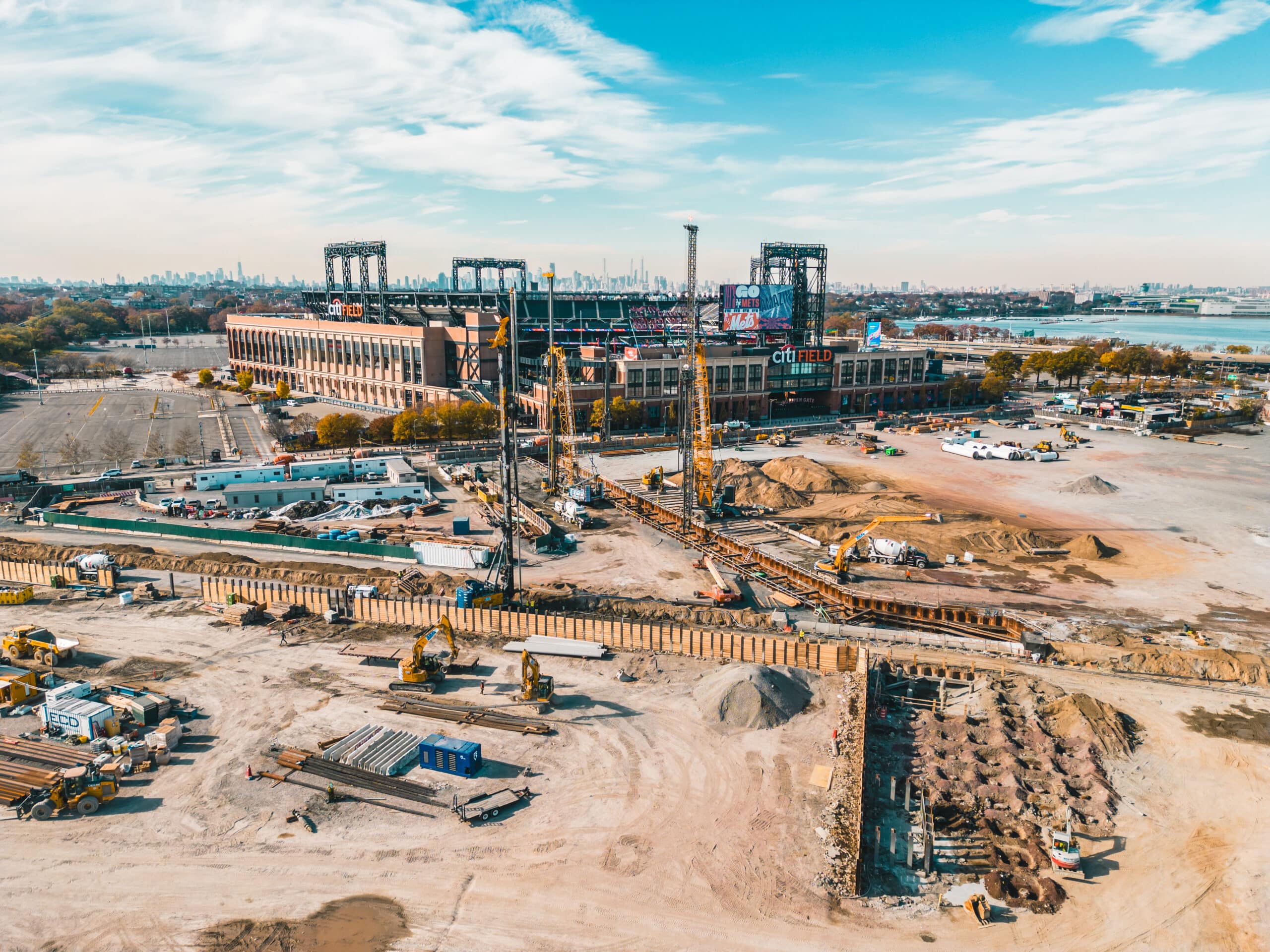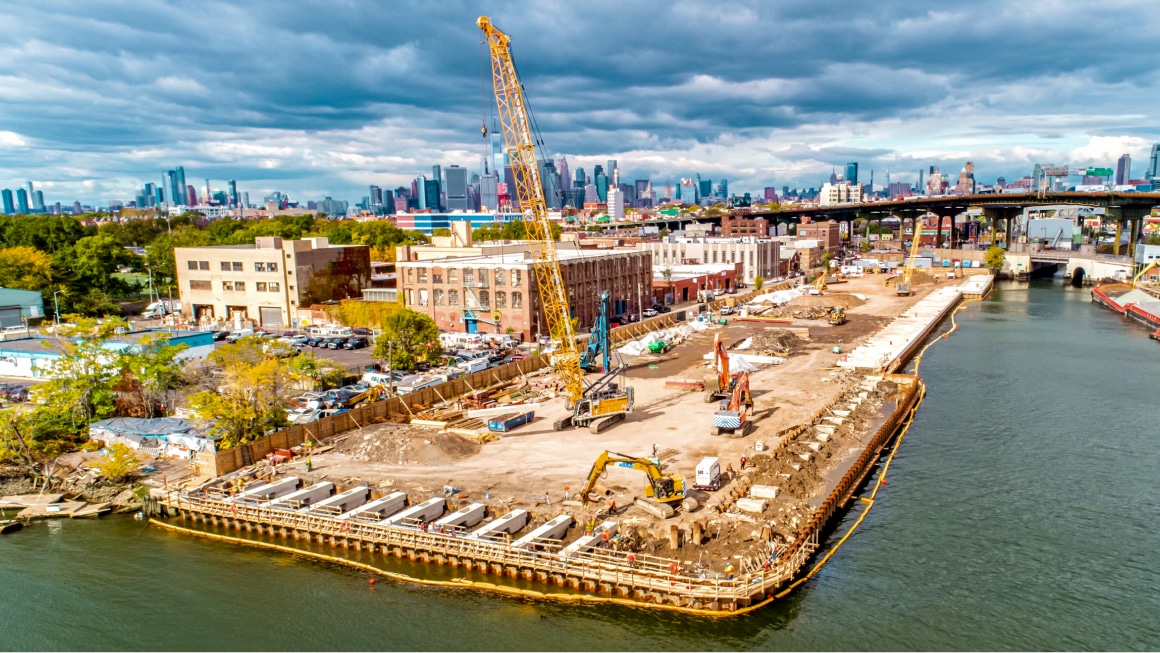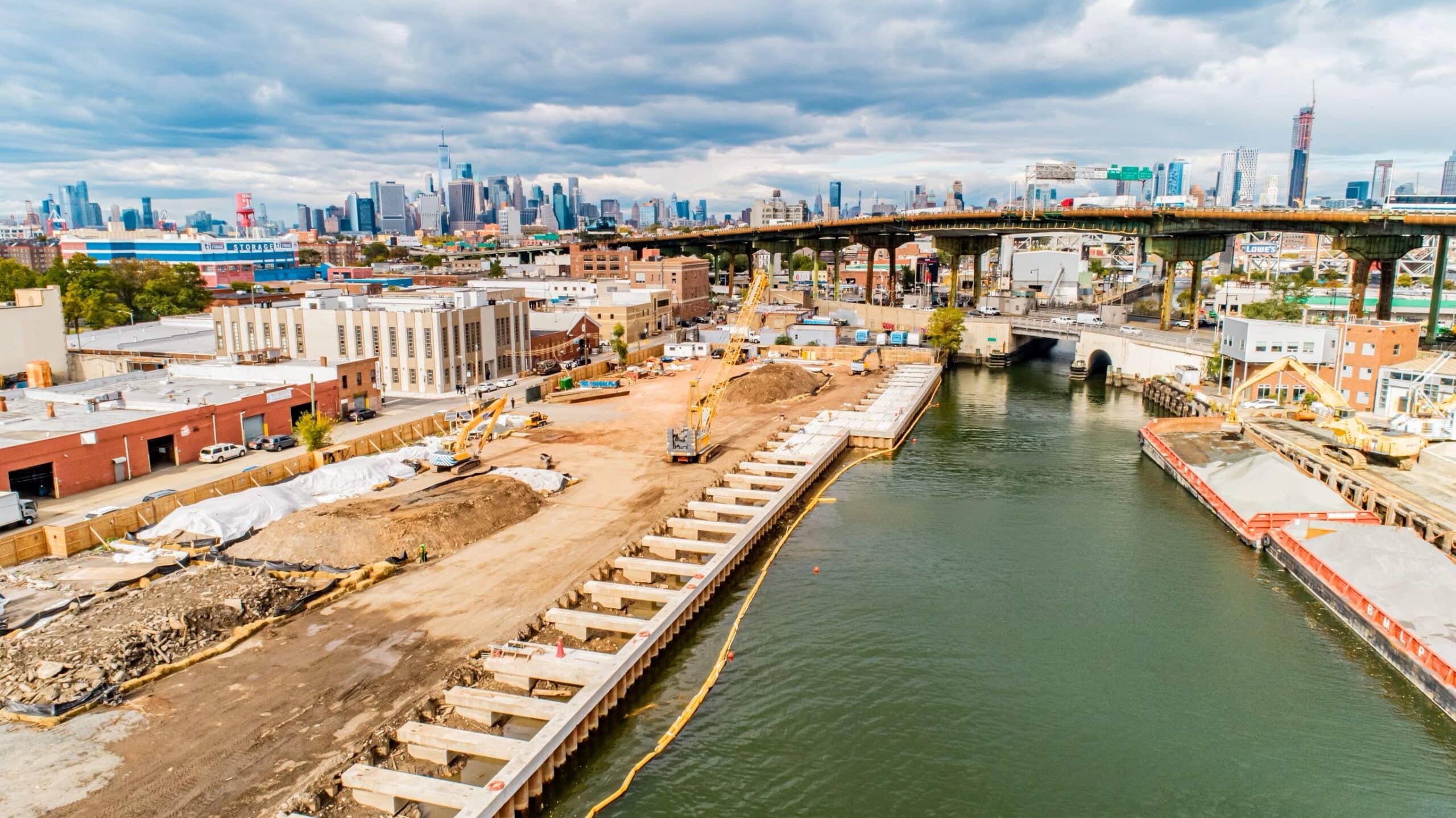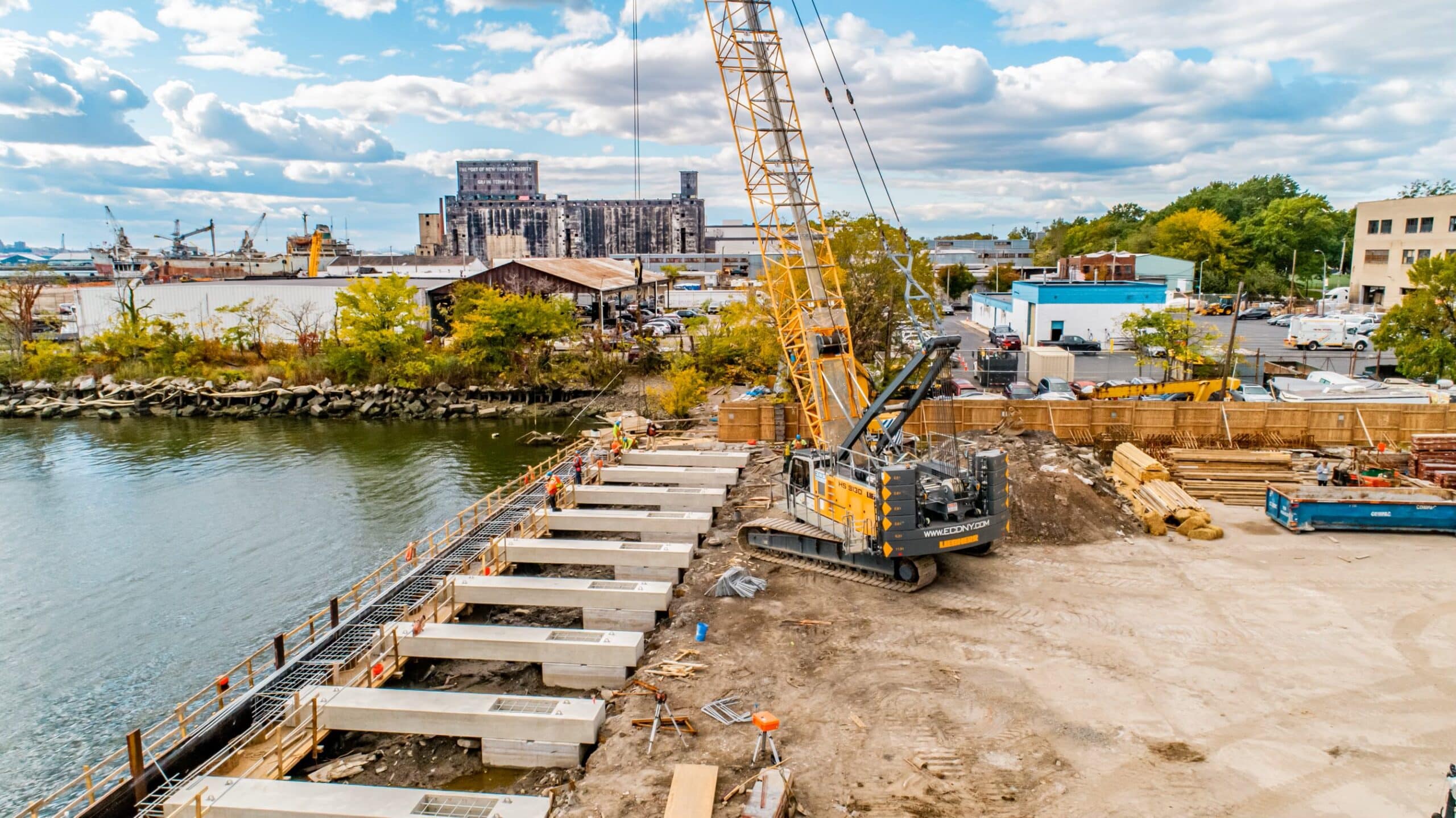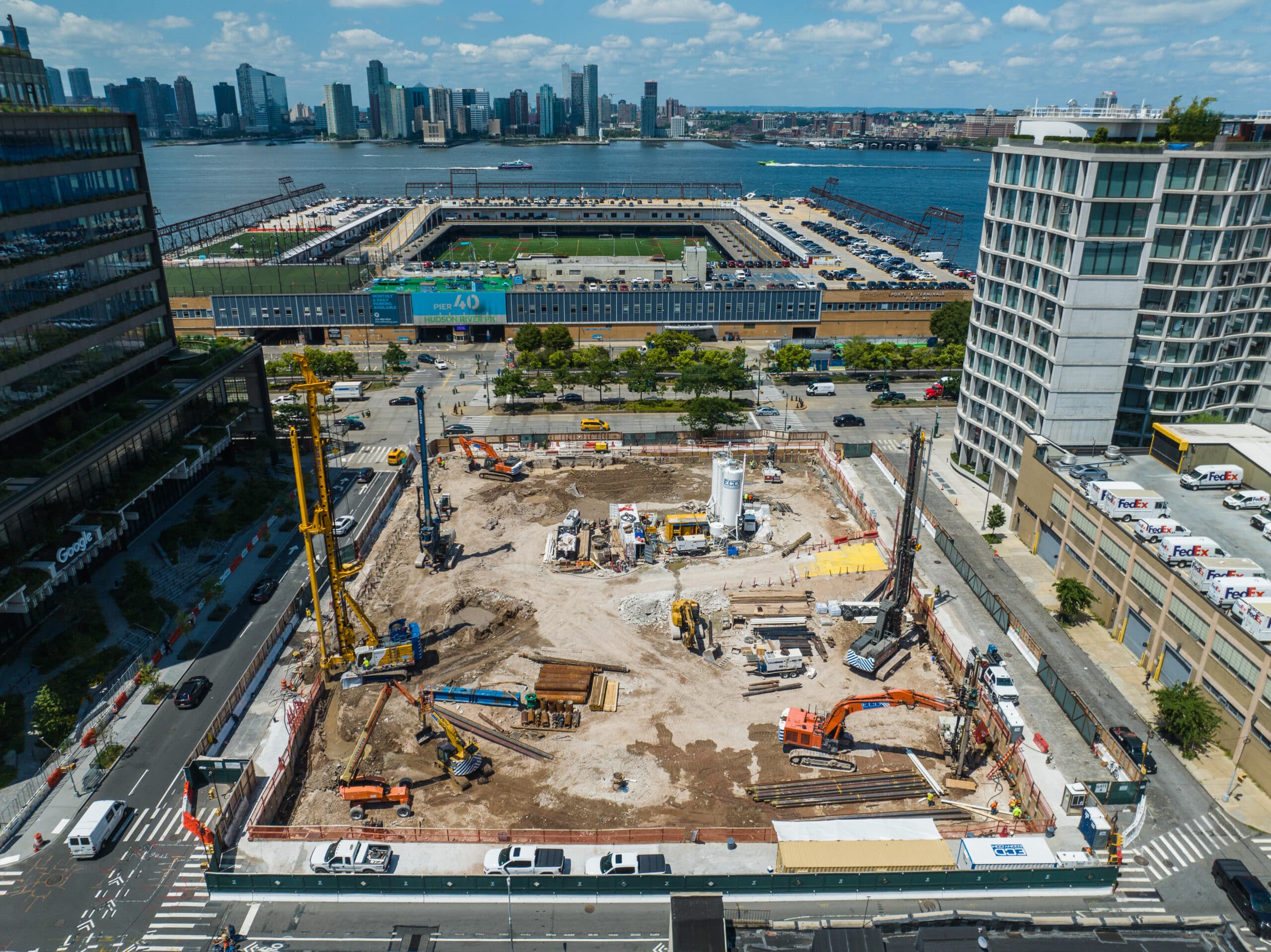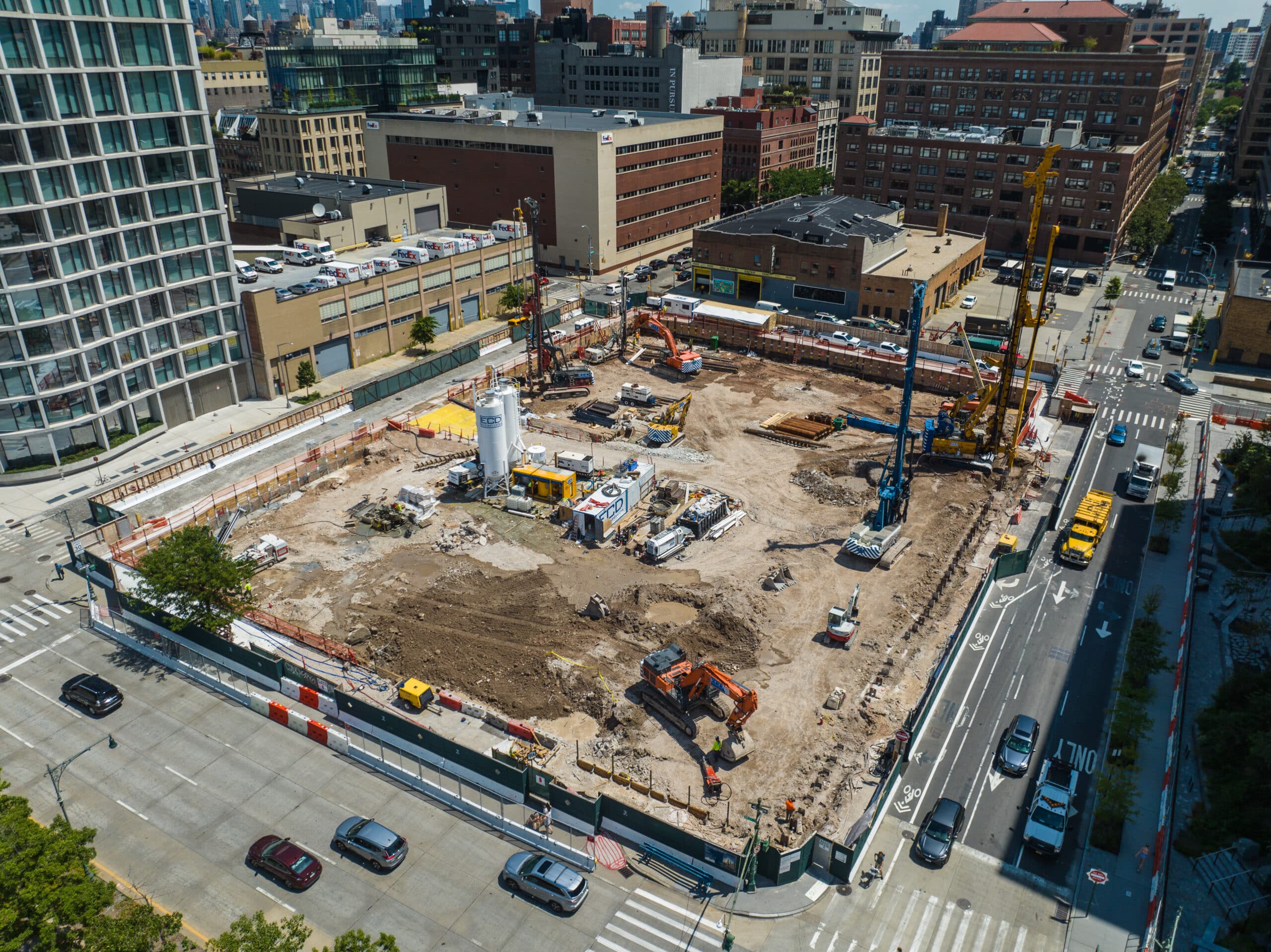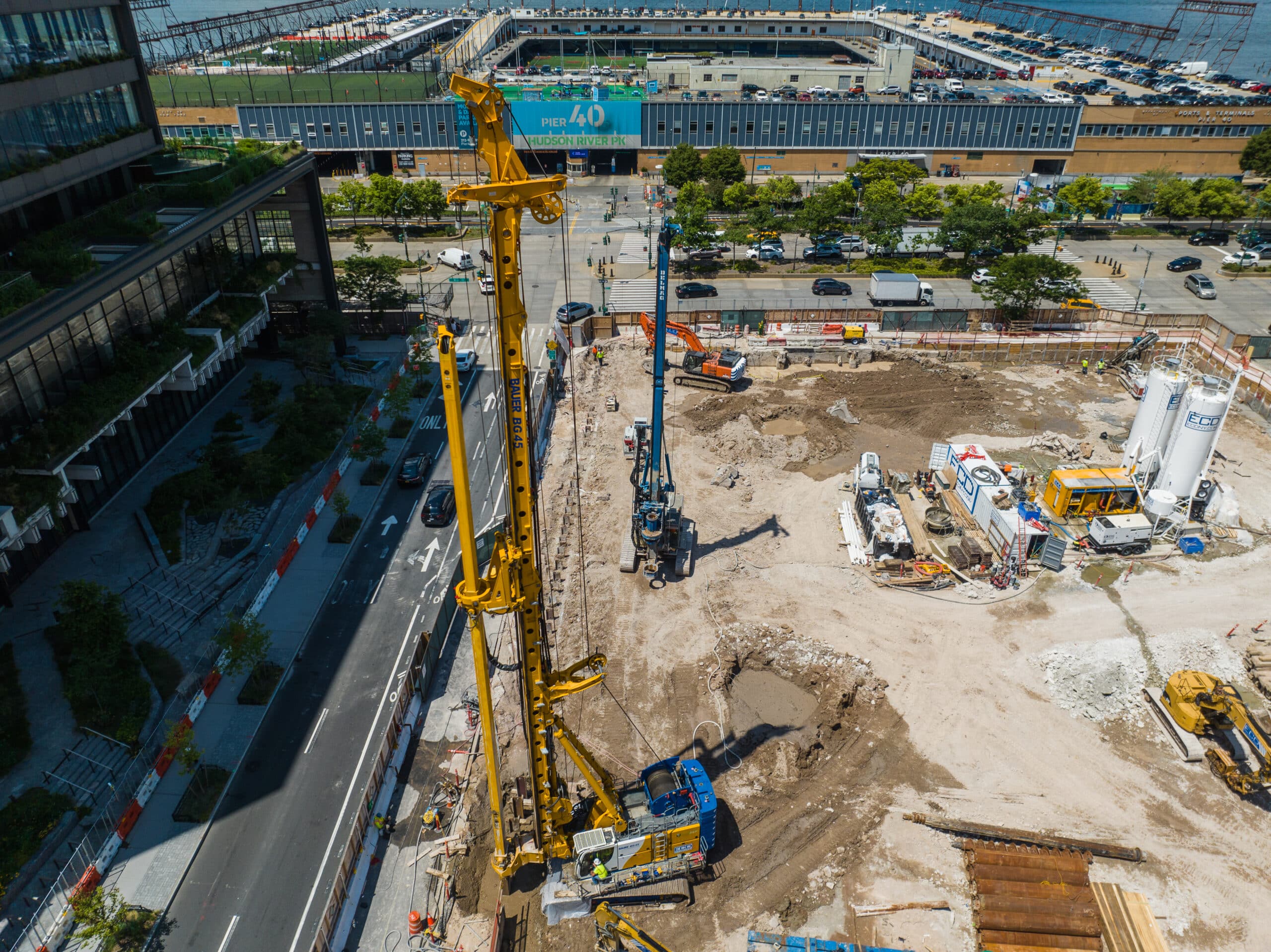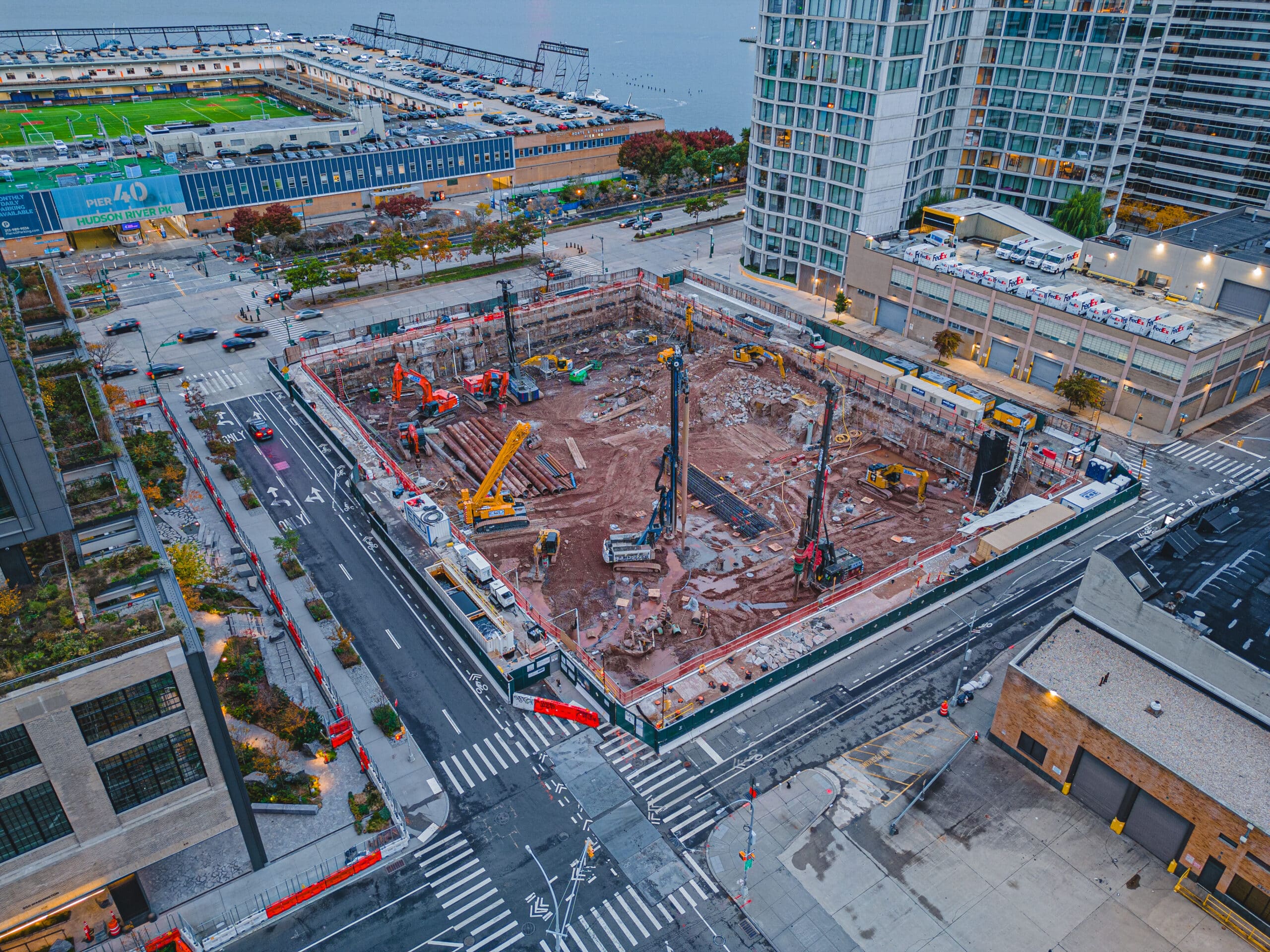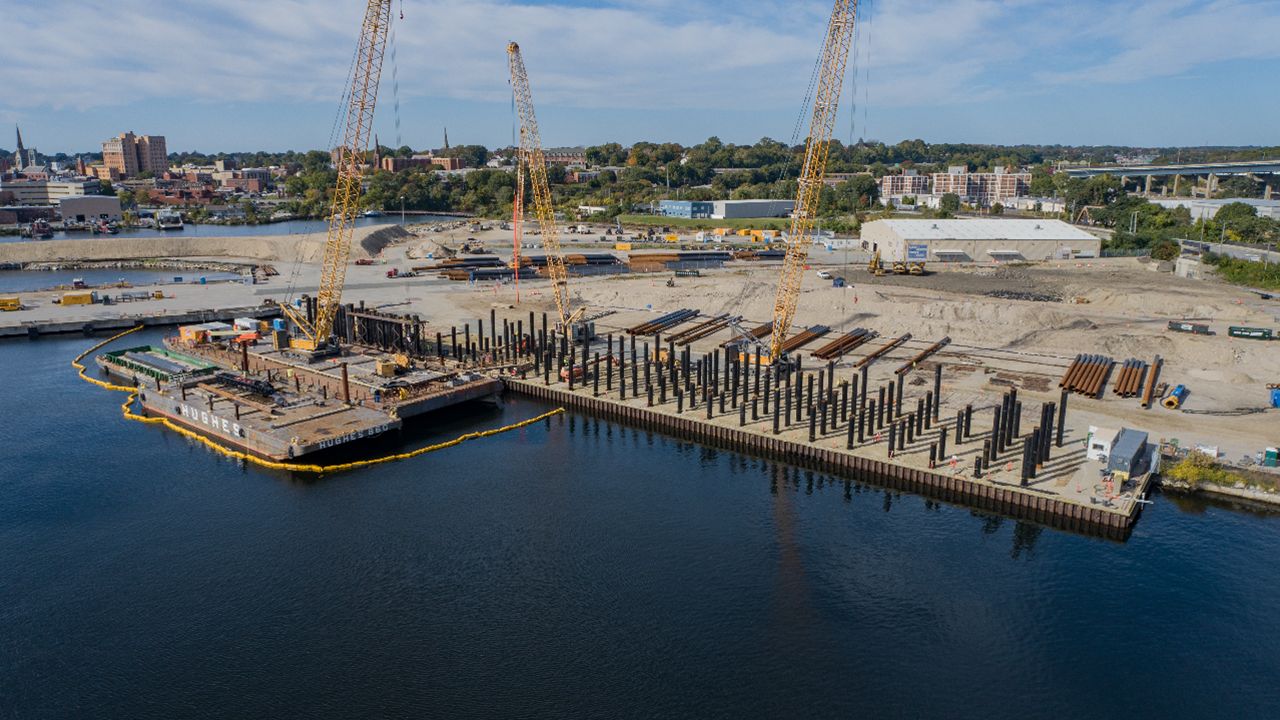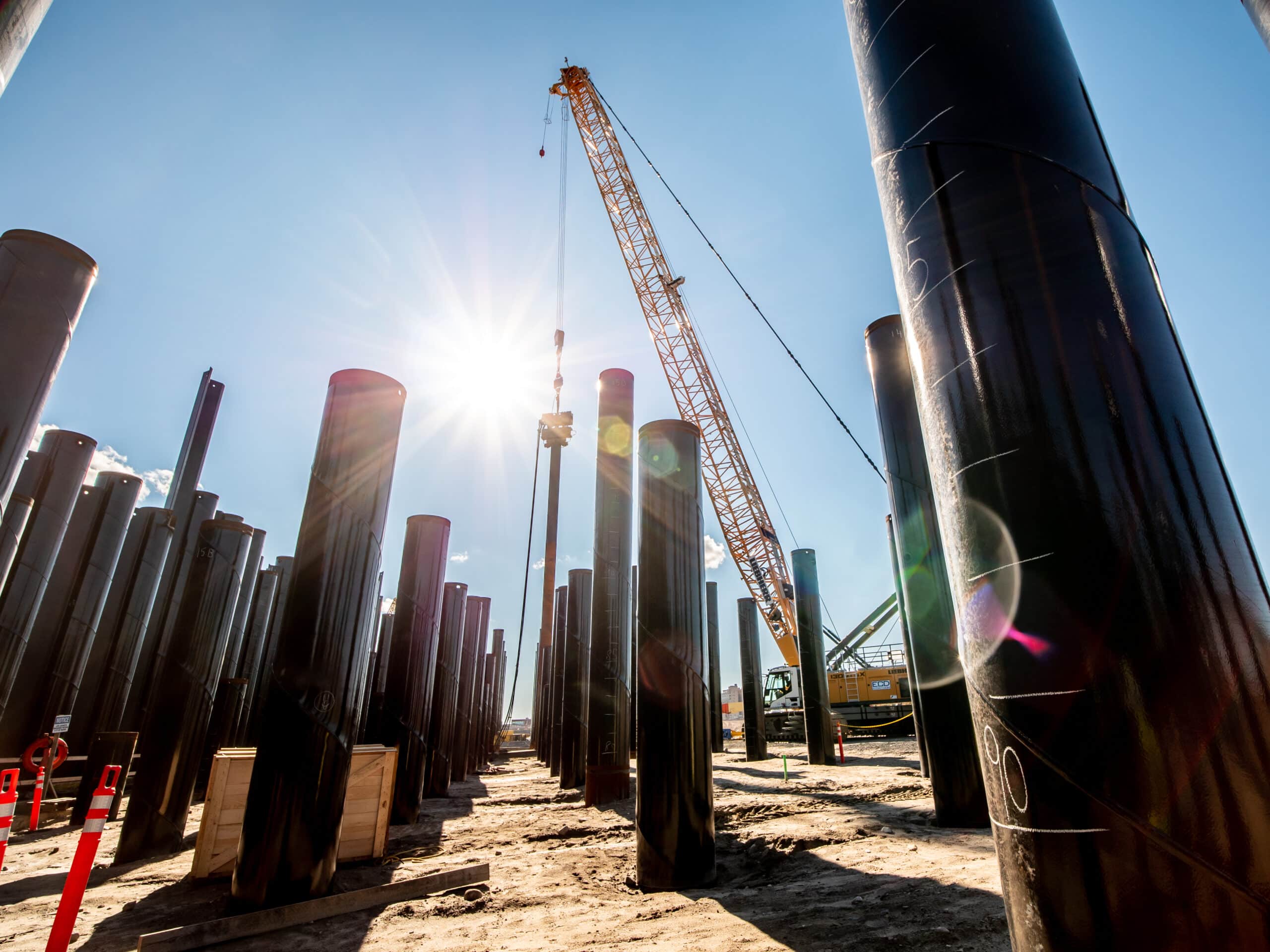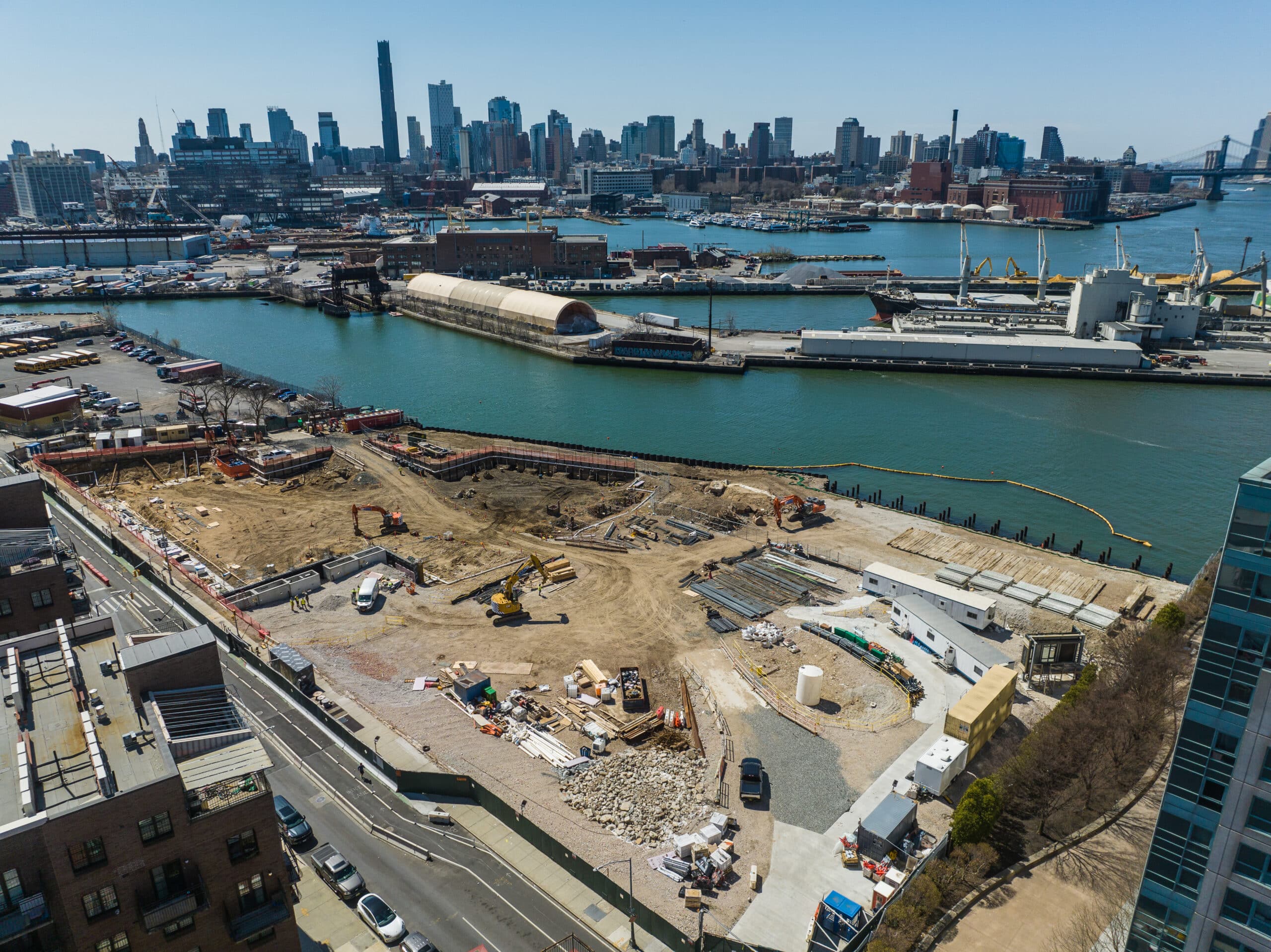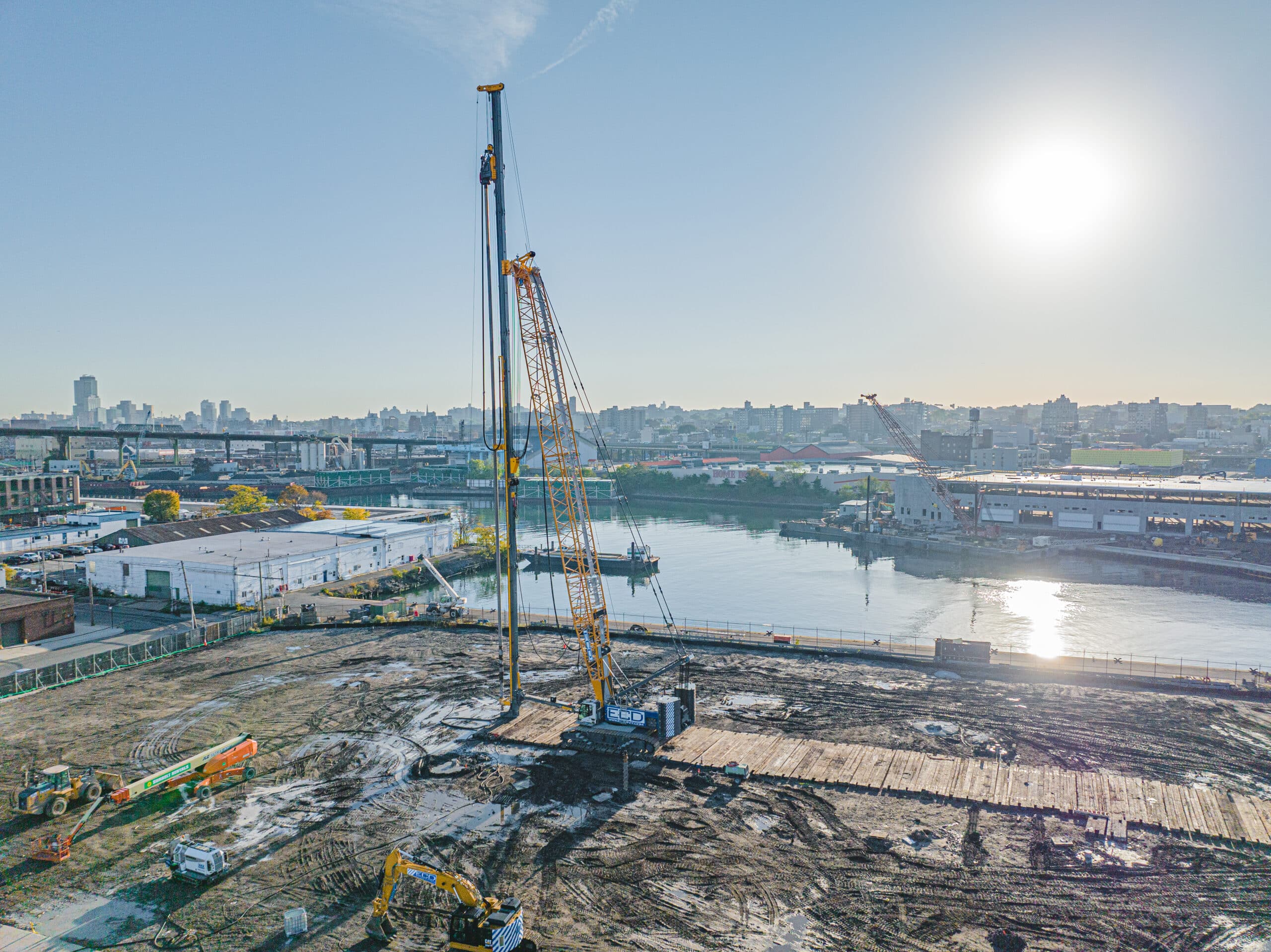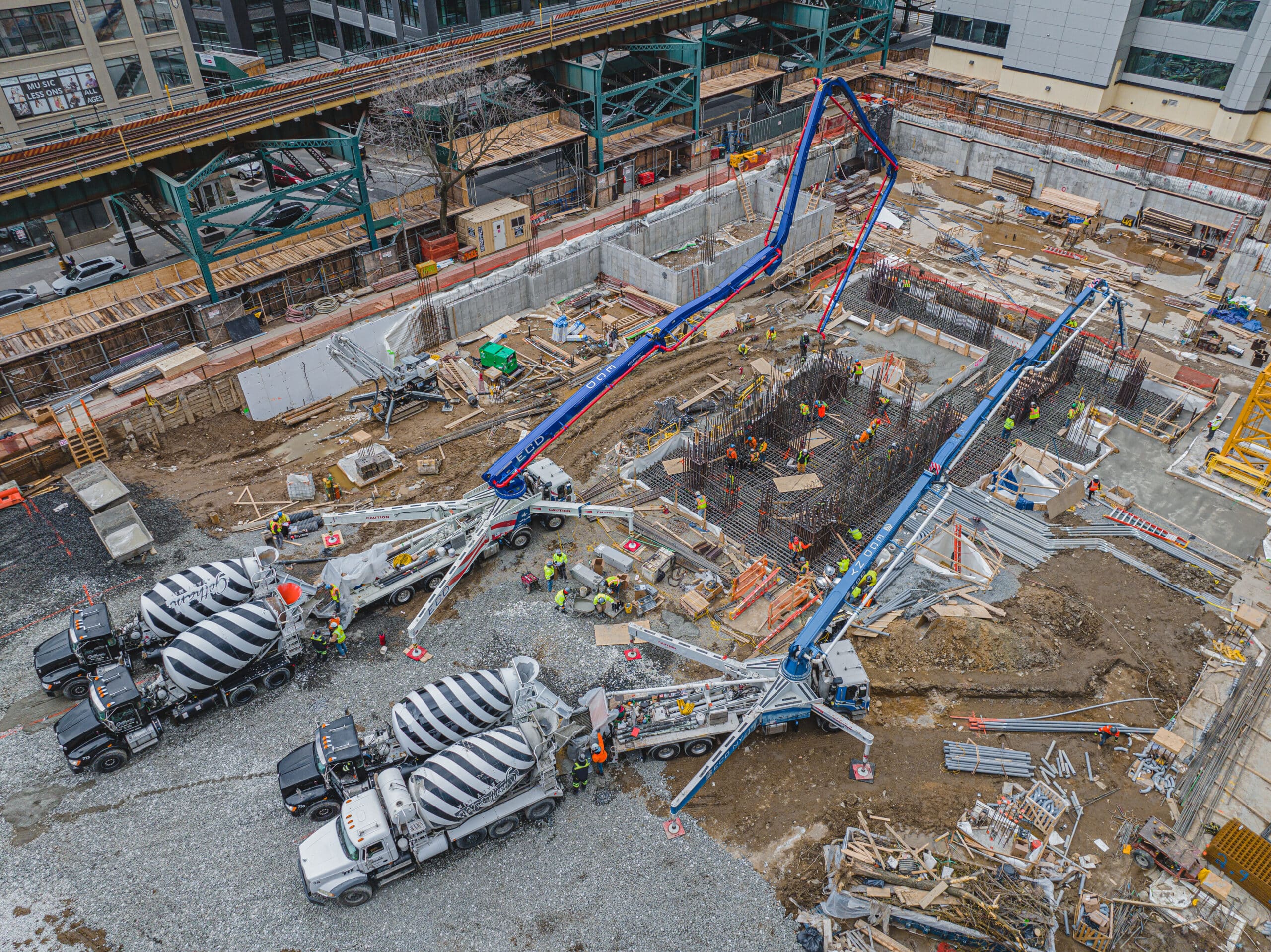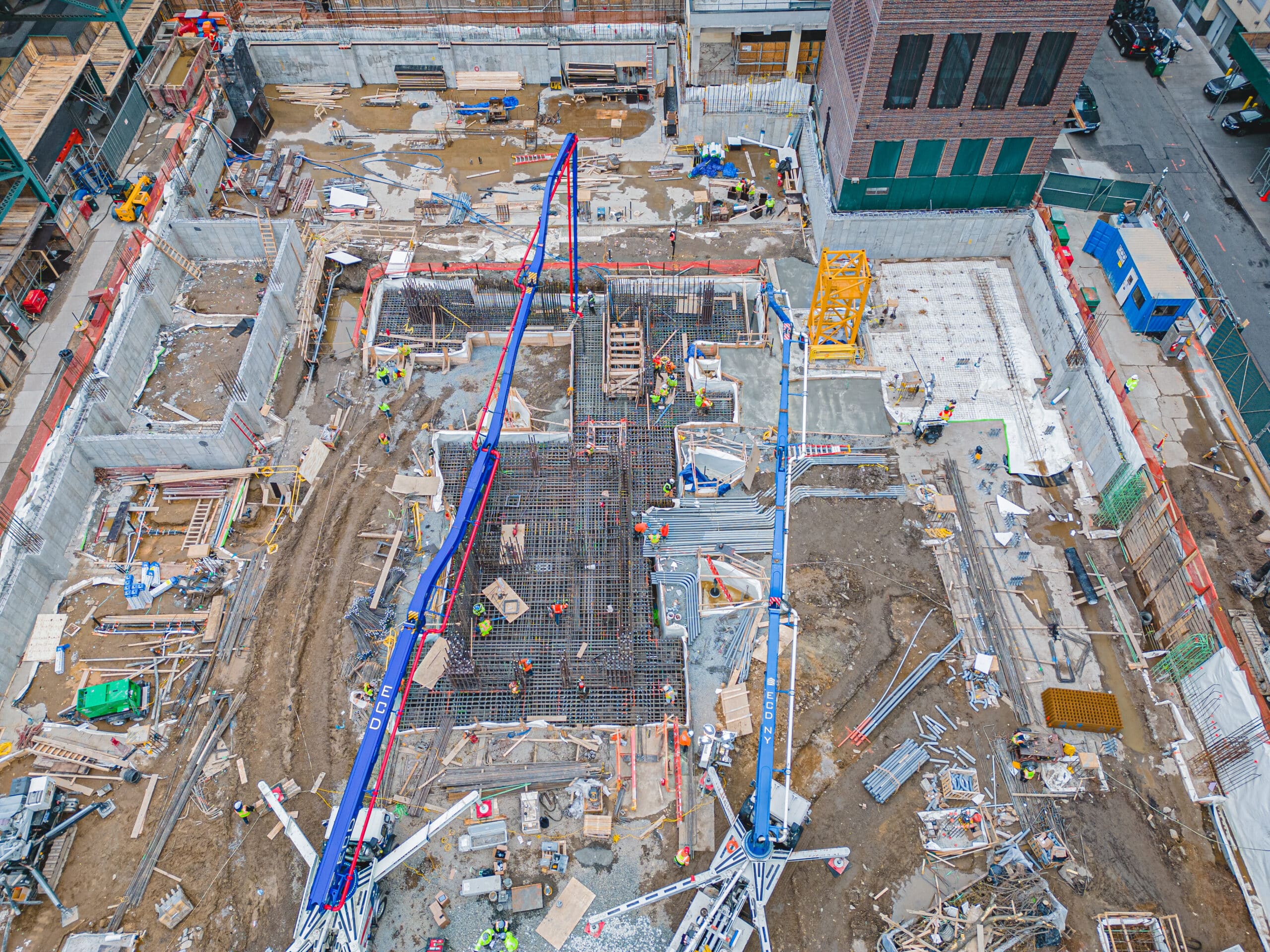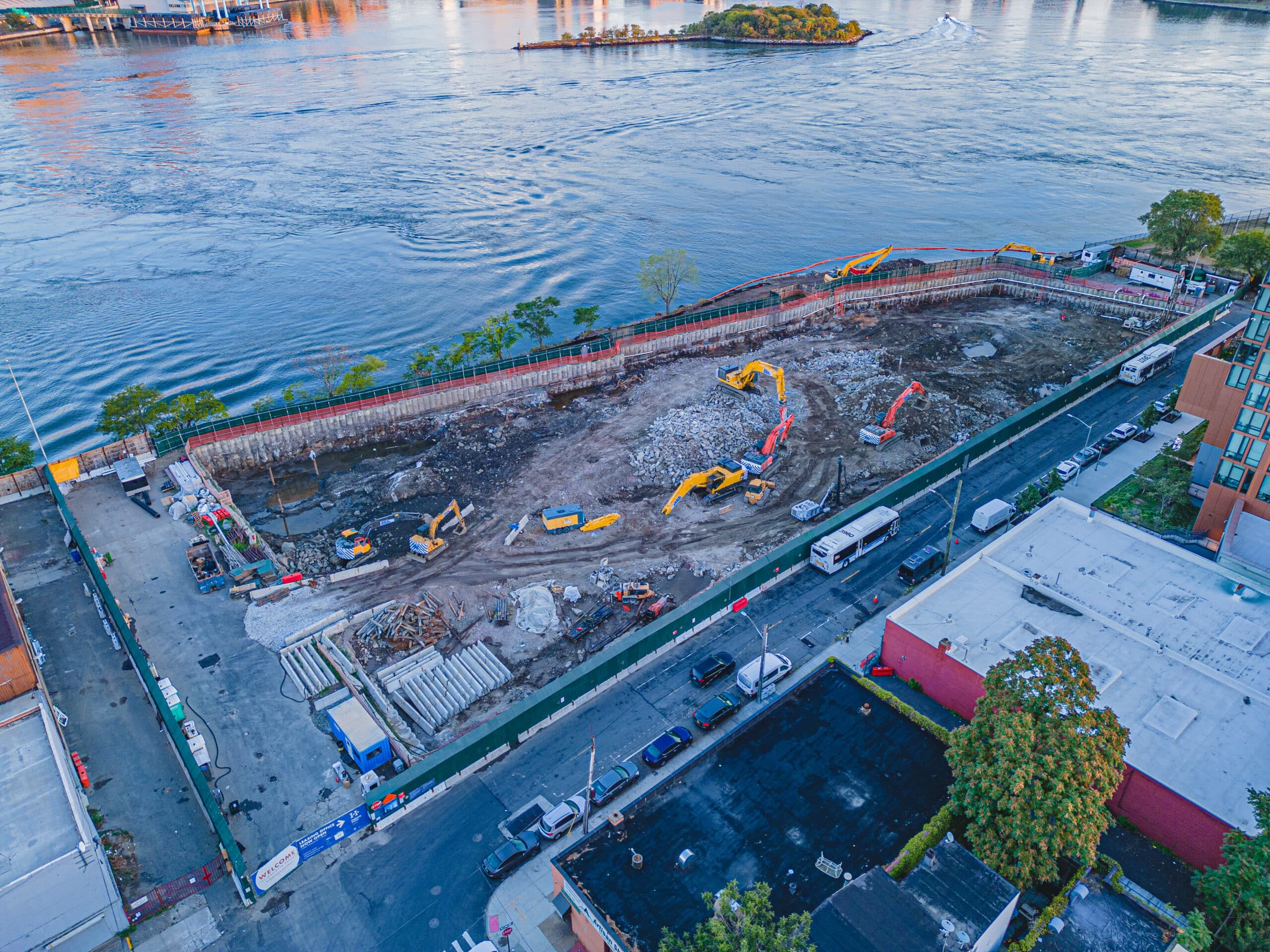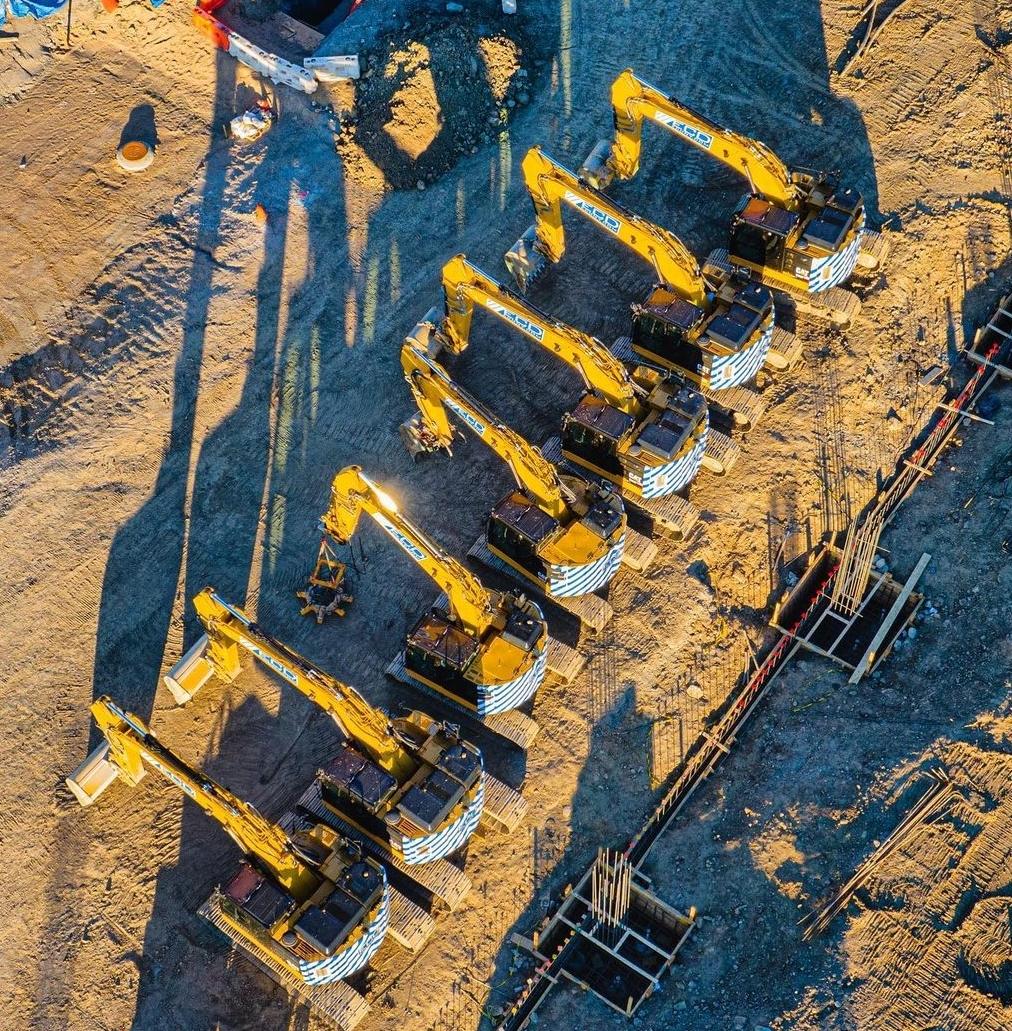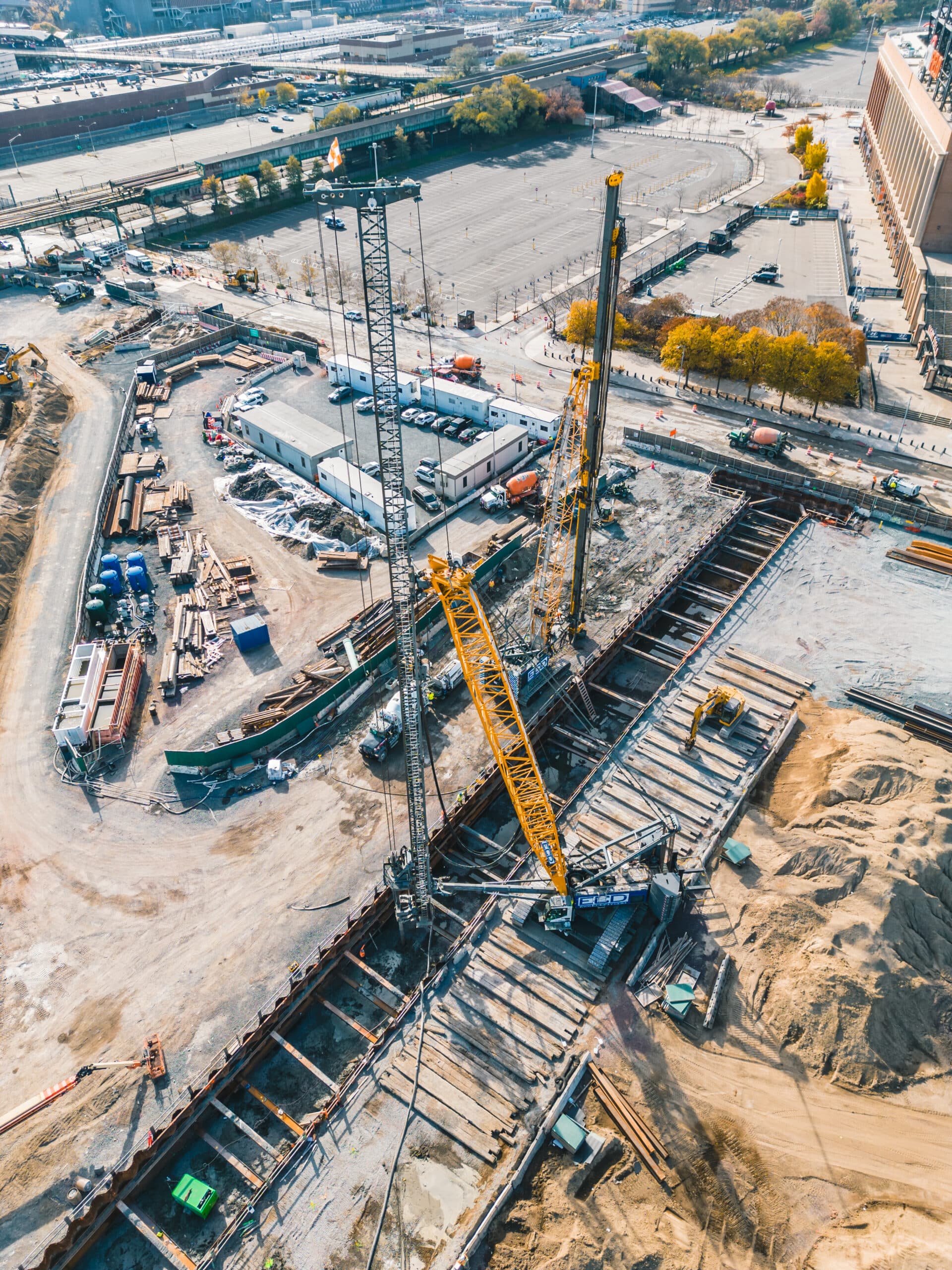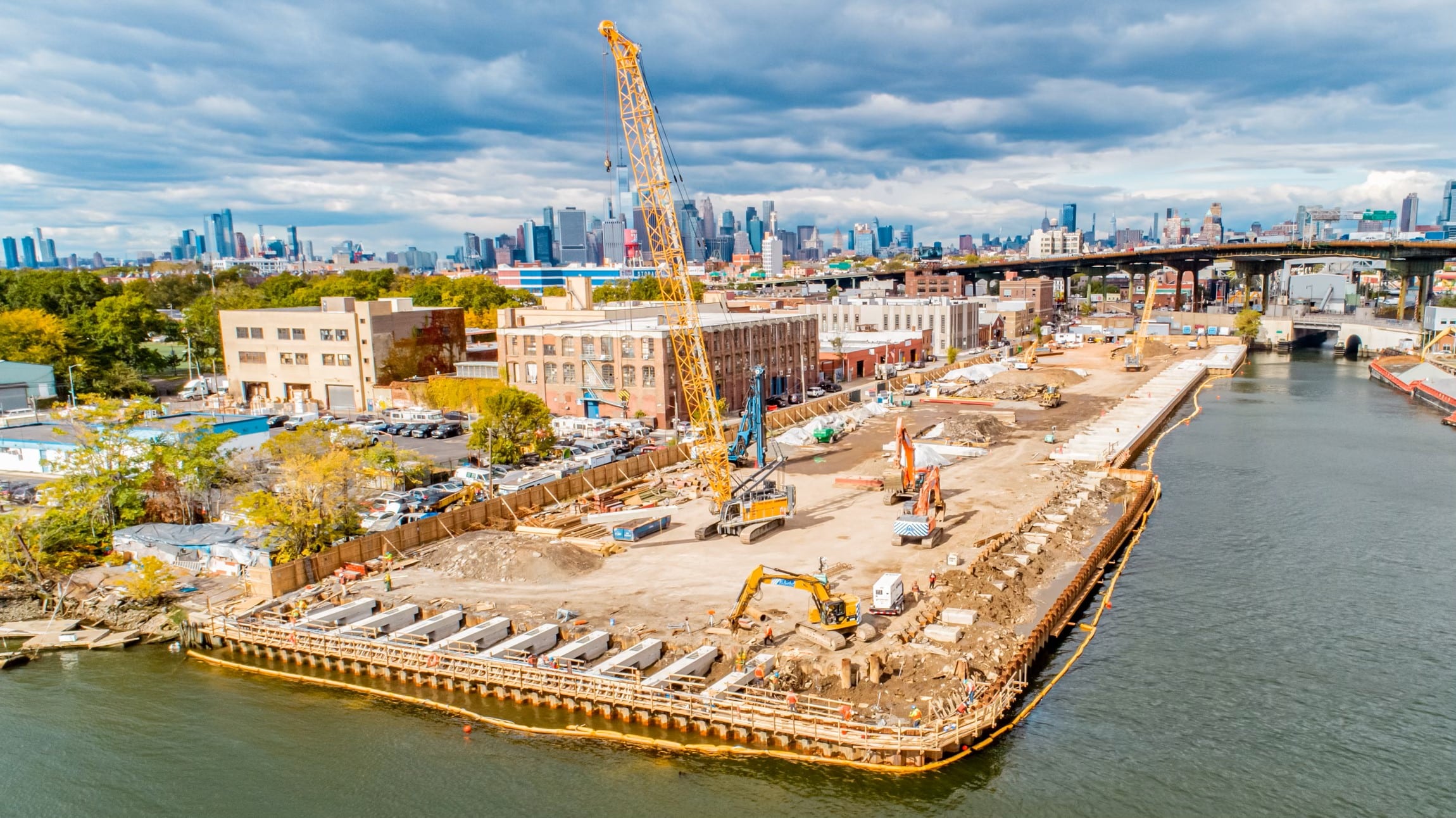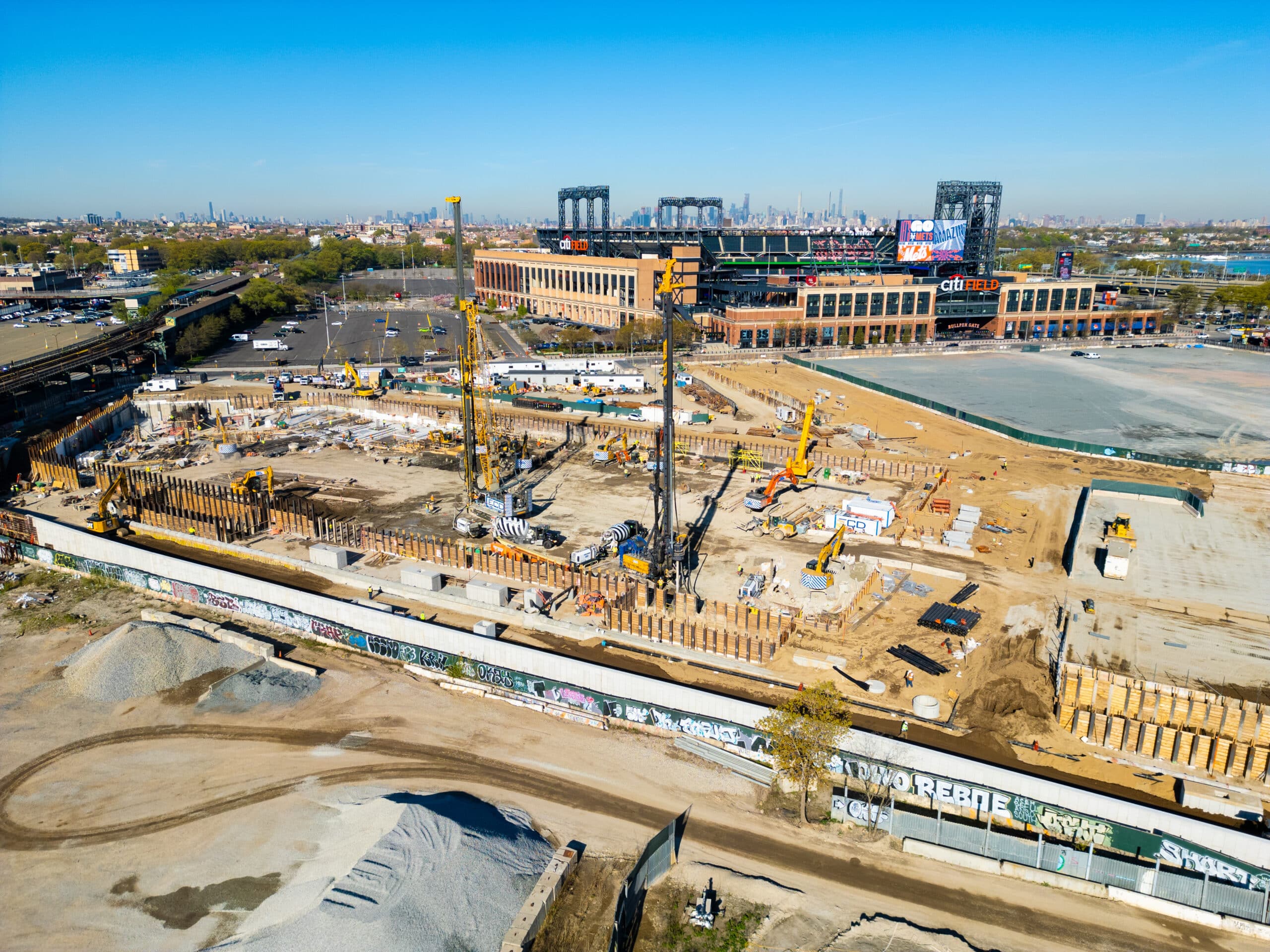The ECD Difference
ECD is the largest foundation contractor in the New York City Metropolitan area and rapidly expanding up and down the east coast. Our mission is to provide owners with innovative yet practical support of excavation systems, and value engineered foundations but most important…our projects are delivered on time. We have a team of geotechnical engineers, project managers, operators, machinists and support staff to efficiently tackle the most challenging projects. Developers rely on us to collaborate with their Geotechnical and Structural engineers to aid in designing the most efficient and economical foundations, support of excavation designs and ground improvement systems. We are continuously acquiring the most technologically advanced equipment to increase our productivity and minimize costs for our clients. With our extensive fleet of equipment and innovative drilling techniques, we excel in difficult ground conditions.
We self-perform Quality Control / Quality Assurance on our projects. Our drill rigs are equipped with the latest technology that provide our operators and engineers real-time drilling information to verify proper installation of deep foundation and ground improvement elements. For each log our rigs record the start and stop time, diameter, length, pump strokes, theoretical and actual grout volume, penetration and retraction rates, crowd pressure and head torque. These parameters are used to verify the quality of production piles.
During the test phase of the the project, we utilize the latest technology to verify our work. Some examples are TIP (thermal integrity profiling) testing uncased drilled elements, utilizing strain gauges and tell tales during load testing, obtaining in-situ grout samples, and grout volume calibration.
Site specific soil samples are obtained and mixed with varying percent binders and admixtures to determine the appropriate mix design for soil mixing. During the testing and production phase, we obtain wet grab samples of soil mix walls, in-situ cast samples and cores. The samples are sent to a laboratory for permeability testing, compressive strength including strain for calculating the modulus.

